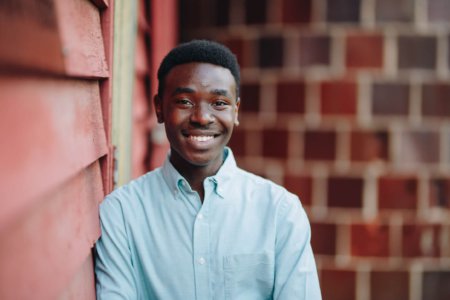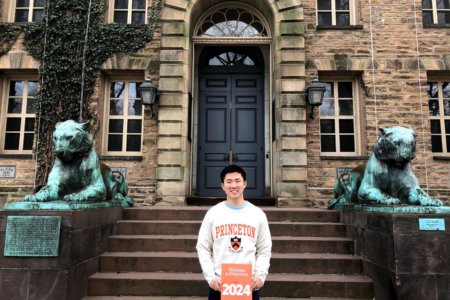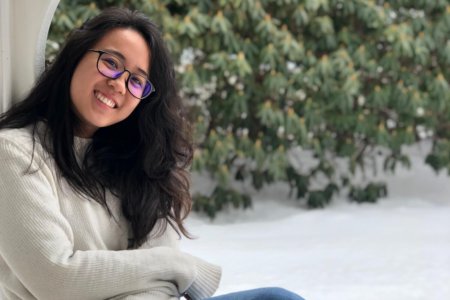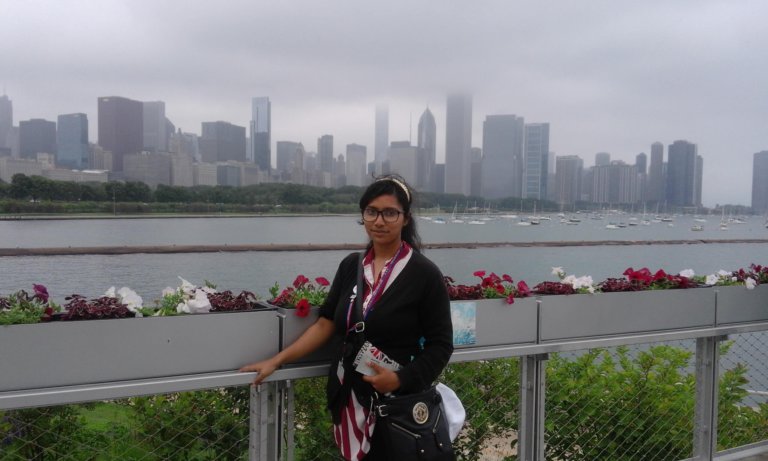
Bangladeshi Zarin Chowdhury first learned about the YES programme — short for Kennedy-Lugar Youth Exchange and Study — in eighth grade. Then, she thought it was too good to be true. You could study abroad, explore a foreign culture and make friends — things she thought were out of reach for someone like her.
Two years before she would be eligible to apply, she started researching more about the YES programme. “The idea of being a youth ambassador and being able to represent my country on such a global scale excited me. In addition, to be able to do all of that on a scholarship was a dream come true,” she tells Study International via email. She was also excited at the opportunity to live with an American family and study at an American high school.
“So at the age of 15, I took the life-changing decision of applying to this programme,” Chowdhury shares.
Established in 2002, the YES programme aims to build bridges between the US and countries around the world — particularly with Muslim populations. It is funded by the US Department of State, Bureau of Educational & Cultural Affairs (ECA) to provide scholarships for high schoolers to study for one academic year in the US.
We caught up Chowdhury to learn more about her YES programme experience, what she learned and her future plans:
Tell us more about what you’re doing now.
I am currently in my last semester at Independent University in Bangladesh, majoring in English Literature and minoring in Media and Communication. While I have yet to complete uni and get a job, I had the absolute honour to land an internship before starting my studies.
In April 2017, I was invited to join the International Education and Resource Network-Bangladesh (iEARN-BD) — the recruitment organisation for the YES programme in Bangladesh. Being an intern for iEARN-BD, gave me the chance to work closely with the selection process as well as travelling all over the country promoting this course.
Ever since coming back from the YES programme in 2016, I have been heavily involved in the YES Alumni Bangladesh Association, working in numerous community service projects. I have since then been elected as an executive committee member and had the role of Alumni Relations Officer for the association.
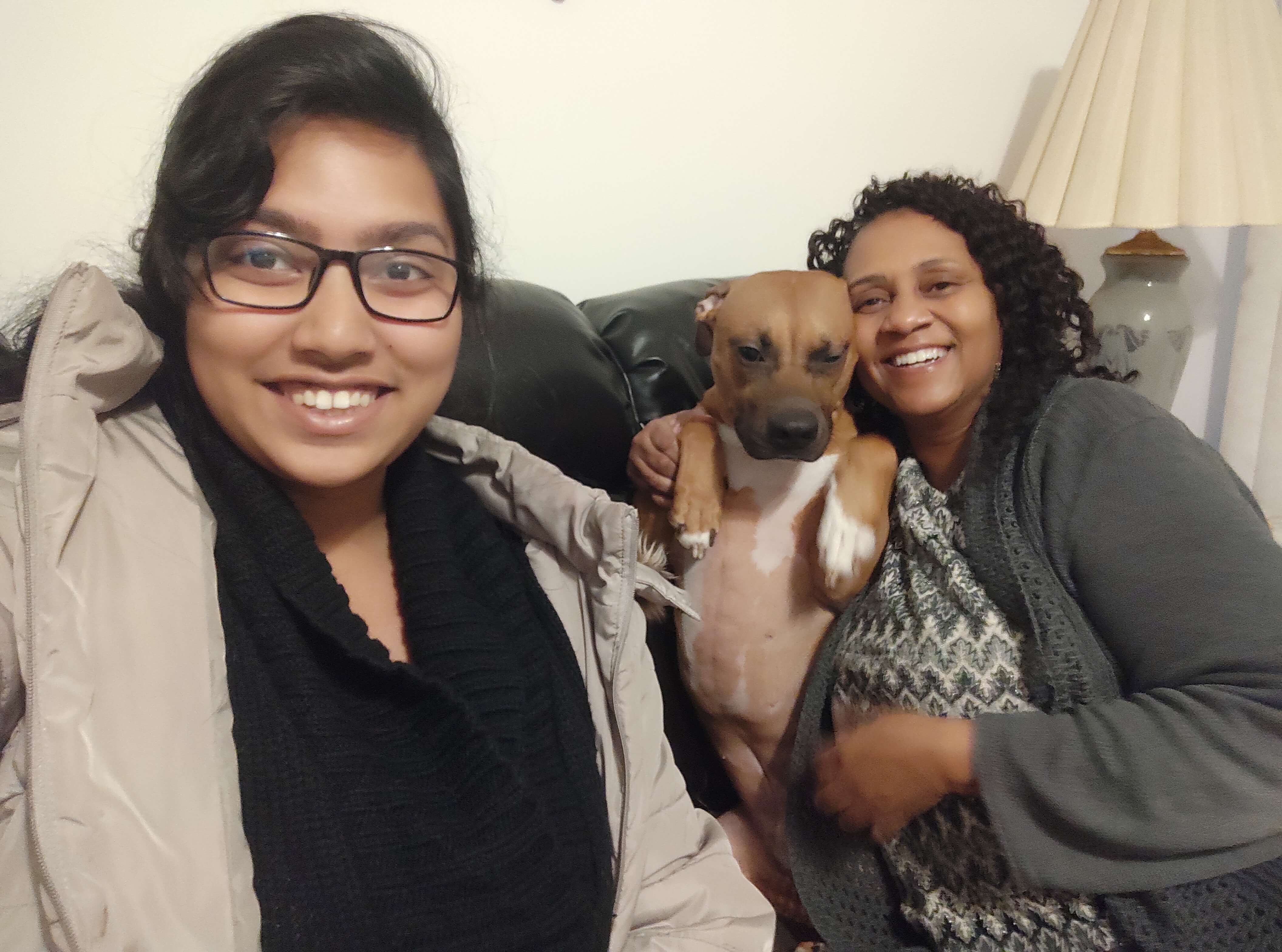
“In winter of 2019 I went back to Chicago to visit my host mom pictured here with her pup: Zeus,” Chowdhury says. Source: Zarin Chowdhury
In 2019, I had the amazing opportunity to work with the YES programme again as one of the eight alumni instructors for DC Orientations at Washington DC for the incoming 2019-20 cohort of scholars. Ever since this programme, I have been fascinated with the idea of working with a diverse community at a global scale, which I hope to continue in the future.
How do you use the knowledge and skills gained from the YES Programme?
Before the programme, I had little to no exposure to the outside world. Coming from a small town, I didn’t know of the endless possibilities the world offers. I only knew people from my town and never travelled anywhere on my own. All I knew about the US was through movies and news.
My exchange year opened my eyes. I learned how beautifully diverse the world is and how important it is to be kind and generous. I learned the importance of giving back to our communities. From my American family and friends, I learned how opening your heart can make a world of difference to someone.
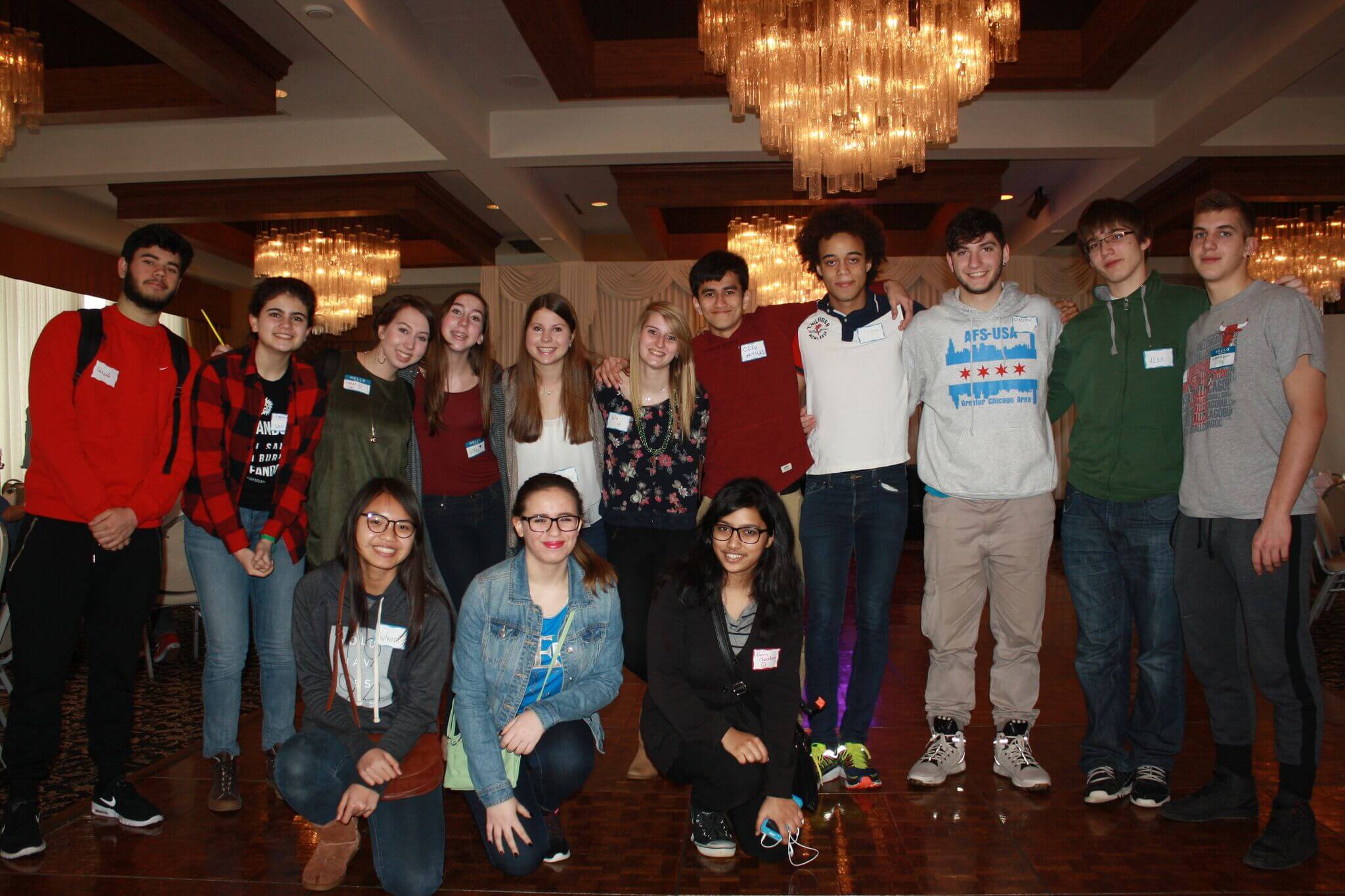
The exchange students under the programme representing 13 different countries. Source: Zarin Chowdhury
These newfound skills have made me want to work for the betterment of the community. I continue to use these skills as I work with diverse groups of people in each of community service projects. Using my experience as a youth ambassador, I learned to respect and encourage diversity.
What were the practical learning elements during your year abroad in the US?
The biggest practical learning element in the Kennedy Lugar YES programme was working for the betterment of the community. As a YES scholar, I had to do community service and voluntary work in my host group.
By the end of my stay, I had completed almost 100 hours of community service. I volunteered at the library or church, even the local resale store which made me see how big of a difference one person can make through little effort. I still carry this learning as I continue to organise community service projects in my home country.
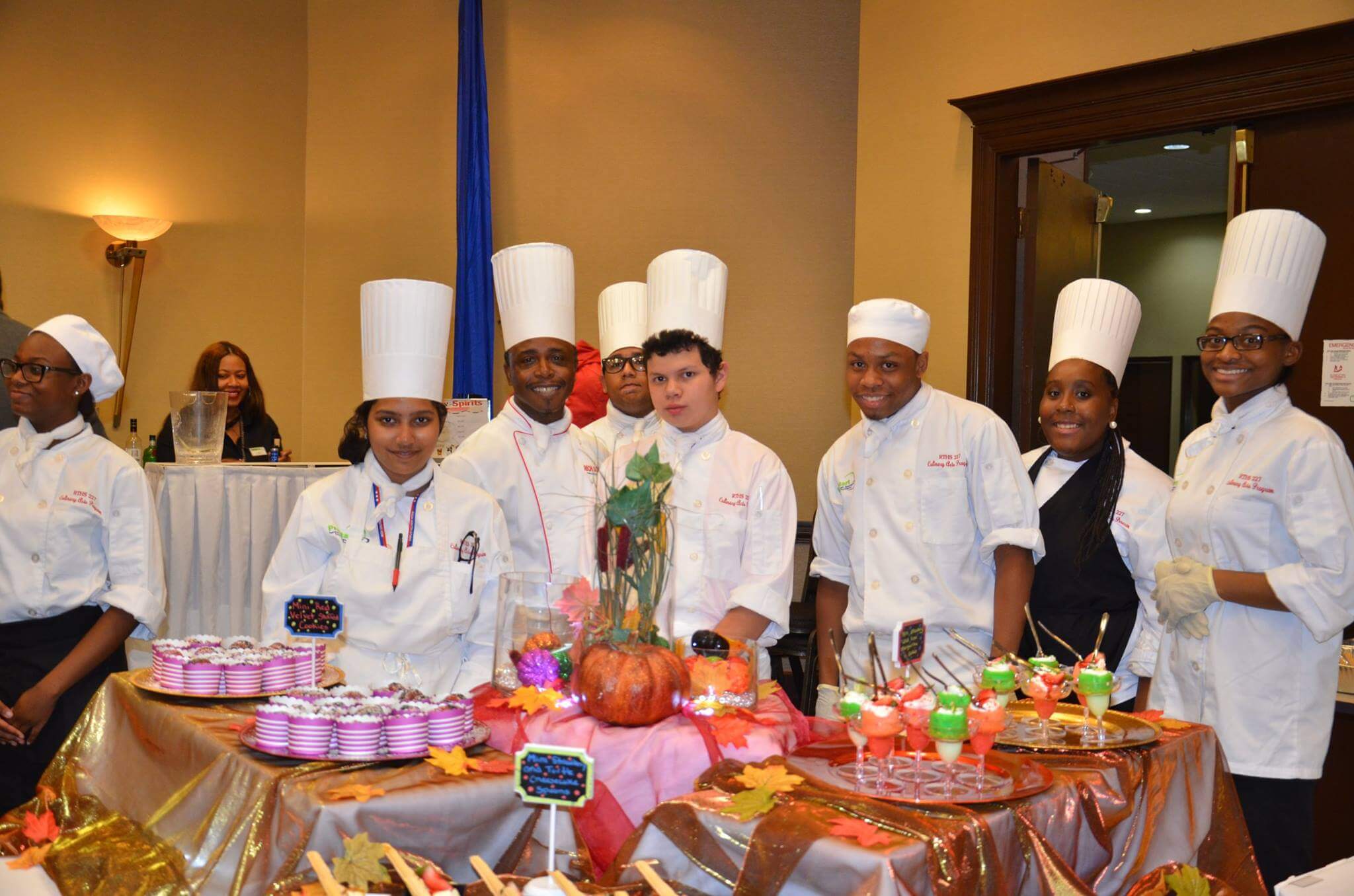
Here, Chowdhury is at an event “Taste of Matteson” from her Foods and Nutrition class. Source: Zarin Chowdhury
Another important lesson I learnt is respecting diversity. Now I have friends from countries like the US, Brazil, Tunisia, Philippines and so on! Because of this, I am able to respect different opinions, ideas and views. I am more tolerant than I would have been without this experience.
It also taught me to be independent. Before this, I never travelled anywhere without my parents and most of my decisions were taken for me. Granted, I had a host family looking after me, but I still had to navigate a new country and culture on my own which taught me to be more welcoming to new opportunities.
What skills or knowledge do you wish you had learned more in uni?
I was privileged to have an amazing group of professors who went beyond the syllabus and books to make sure students understand the knowledge. That being said, I wish I had more of a chance to improve my communication and people skills.
As someone who loves to meet new people and make friends, I feel like I barely had enough time to do so at uni. Freshman year is usually about getting acquainted, where the sophomore and junior years is the time to be involved and build meaningful relationships.
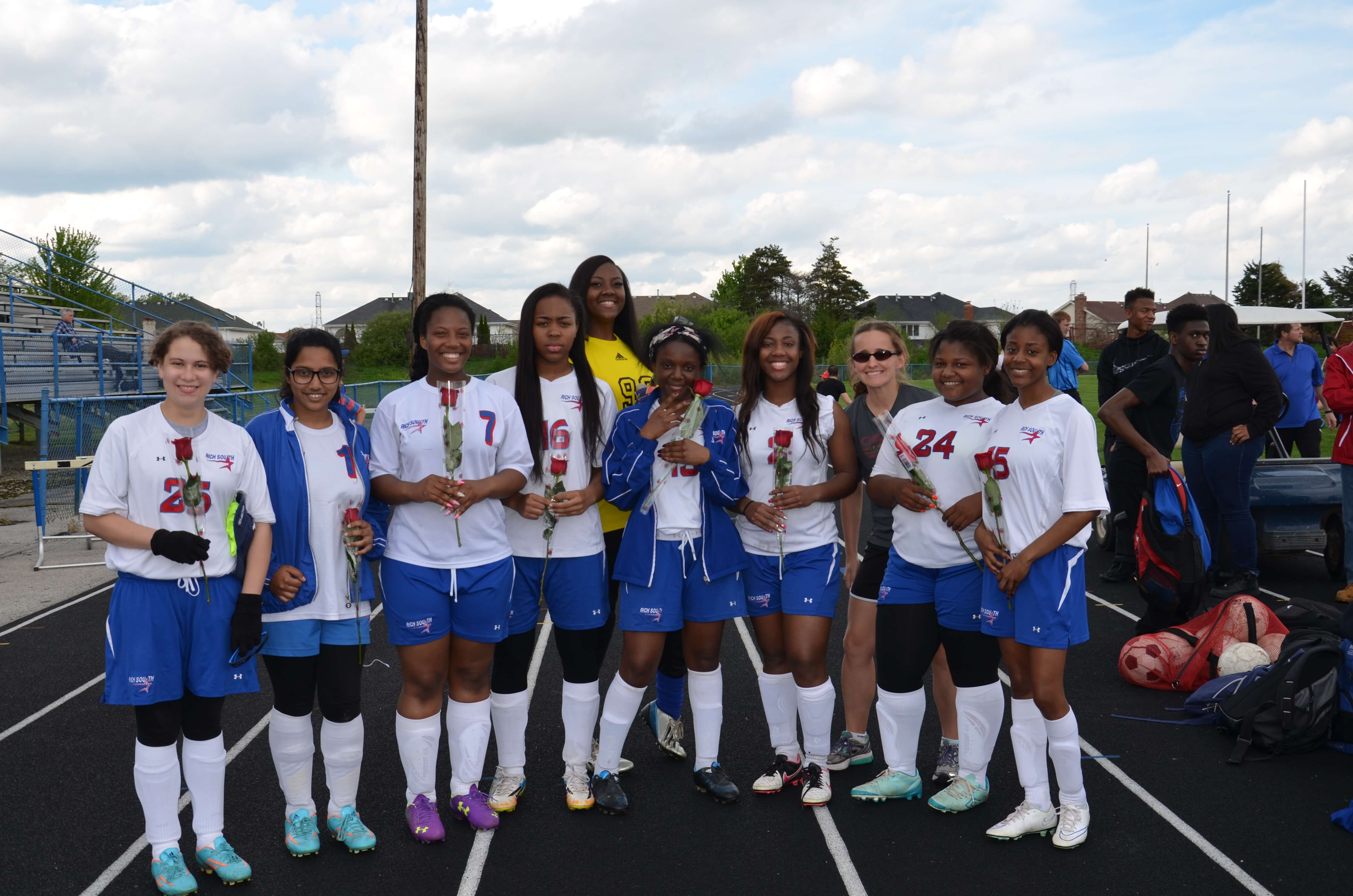
Celebrating Senior Day with the school’s soccer team. Source: Zarin Chowdhury
However, because of the pandemic, most of my junior and senior year has been online with very little in-person communication. Uni goes by so fast, suddenly you’re a year in and possibly half-way into your education. I wish I had the time to meet people and make connections.
What advice do you have for students who are planning to enrol in exchange programmes abroad?
It would be to keep an open mind and welcome new experiences. It can often be overwhelming and scary to live in a new place by yourself with the culture shock and homesickness as a challenge to navigate through.
I wouldn’t say it will be easy, but I’ll say this: it will be a very fun learning experience. You’ll make many new friends from all over and build a new identity for yourself. You’ll have not one, but two families.
Be kind and gentle with yourself as well as with those who have opened their hearts and home for you. Most importantly, make memories and live every moment.
In 10 years, where would you like to be living and what would you be doing?
Ever since I was young, I have aspired to become an educator. Mixing that with my love for travelling and being a global citizen, I see myself being an English teacher abroad in a foreign country.
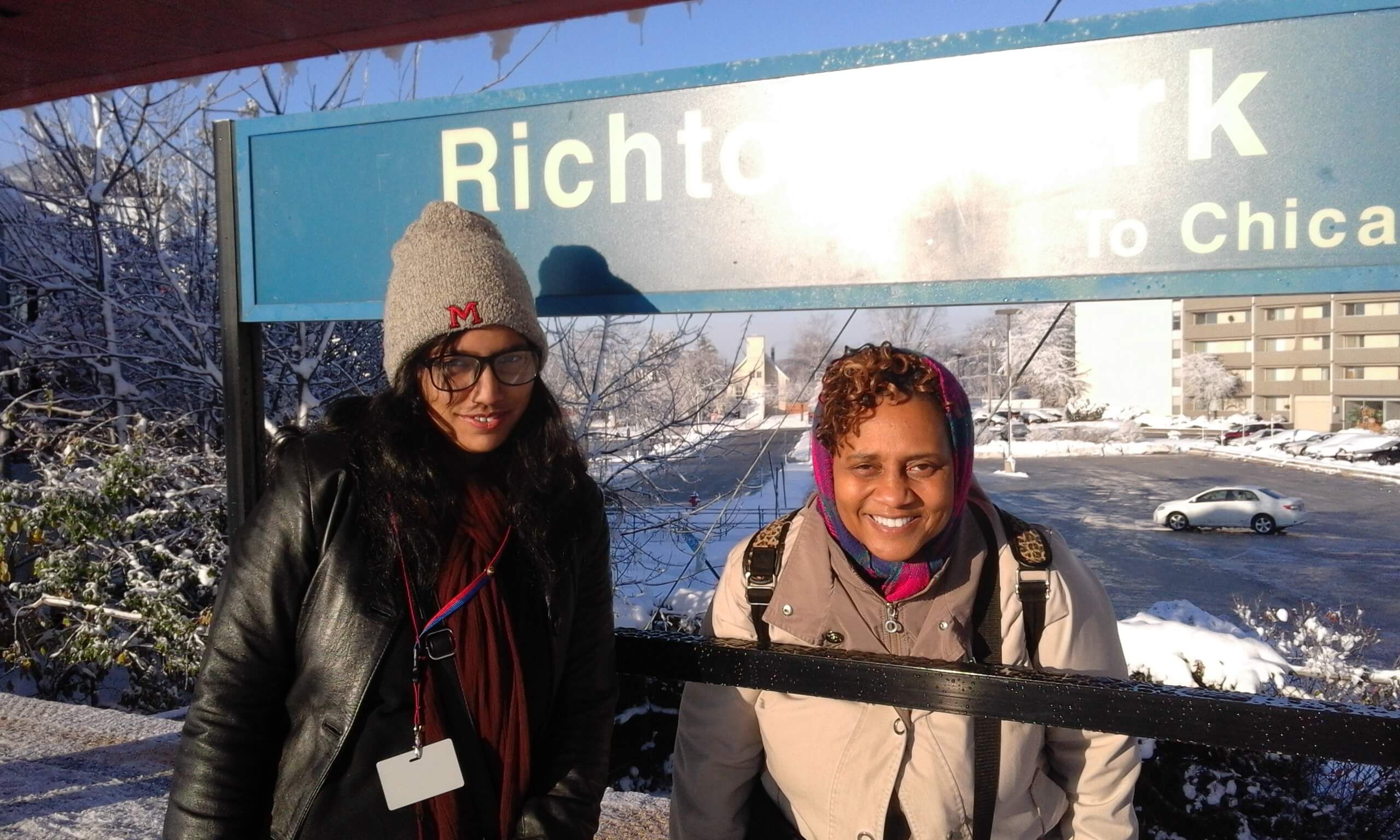
Here, she is seen with her host mother, Cynthia. Source: Zarin Chowdhury
What’s one thing from home you missed and how did you substitute it?
I missed food from home the most. In Bangladesh, rice is the staple food and is usually served with some sort of curry or veggies. This changed when I went to my host’s city — Matteson — where the closest restaurant that served what I was used to was at least 20 miles away.
Even though I was not a good cook before I left for the US, after a few months of being deprived of home food, I cooked dishes a few times. I even made some for my “Foods and Nutrition” class and for our Mother’s Day party at my host mother’s residence.
My host mother also supported my homesickness for food back home by trying out different restaurants and making different dishes at home. At the end of the day of my exchange year, I had found a new favourite food: my host mother’s spaghetti.
Now that I am back home, I miss her spaghetti the most. When I went back to visit in 2019, I requested especially for her pasta and she made sure to make it! I can’t wait to have it again.
Lastly, do you have any tips for students abroad on how to budget their money in the US?
My tip regarding budget as an international student is to not impulsively buy things that you believe can’t be found in your home country — a mistake we all do! Instead, try and budget for experiences.
Investing in experiences is the best decision I made during my year abroad. Something as small as choosing a field trip over a souvenir, or going to the bowling alley with friends instead of spending it on materialistic items can make a huge difference.








